Victoria Zapata of Food Rescue US shares how YOU can BE the rescue to fight hunger and help the planet. It is easier than you might think.
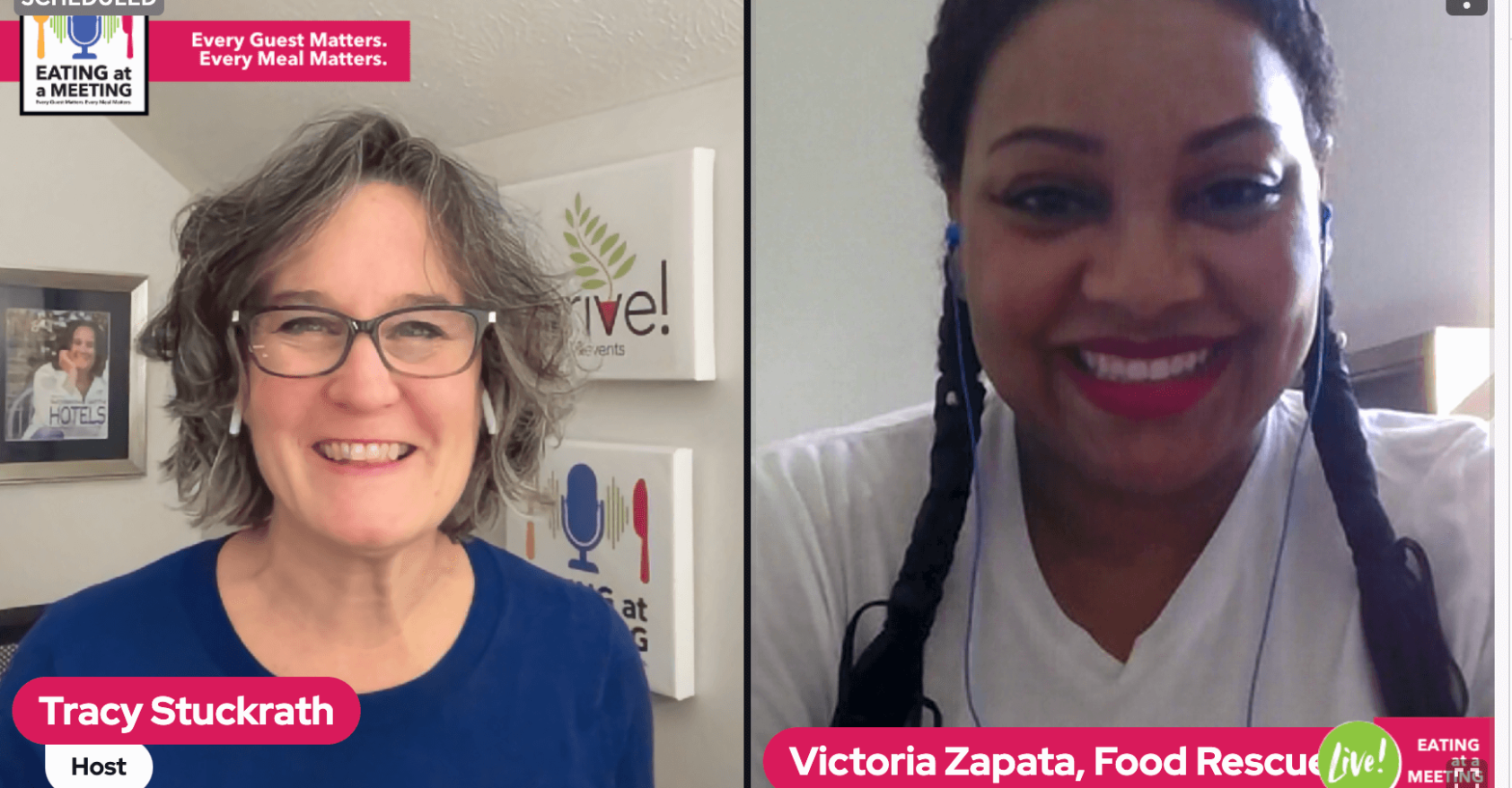

Victoria Zapata of Food Rescue US shares how YOU can BE the rescue to fight hunger and help the planet. It is easier than you might think.
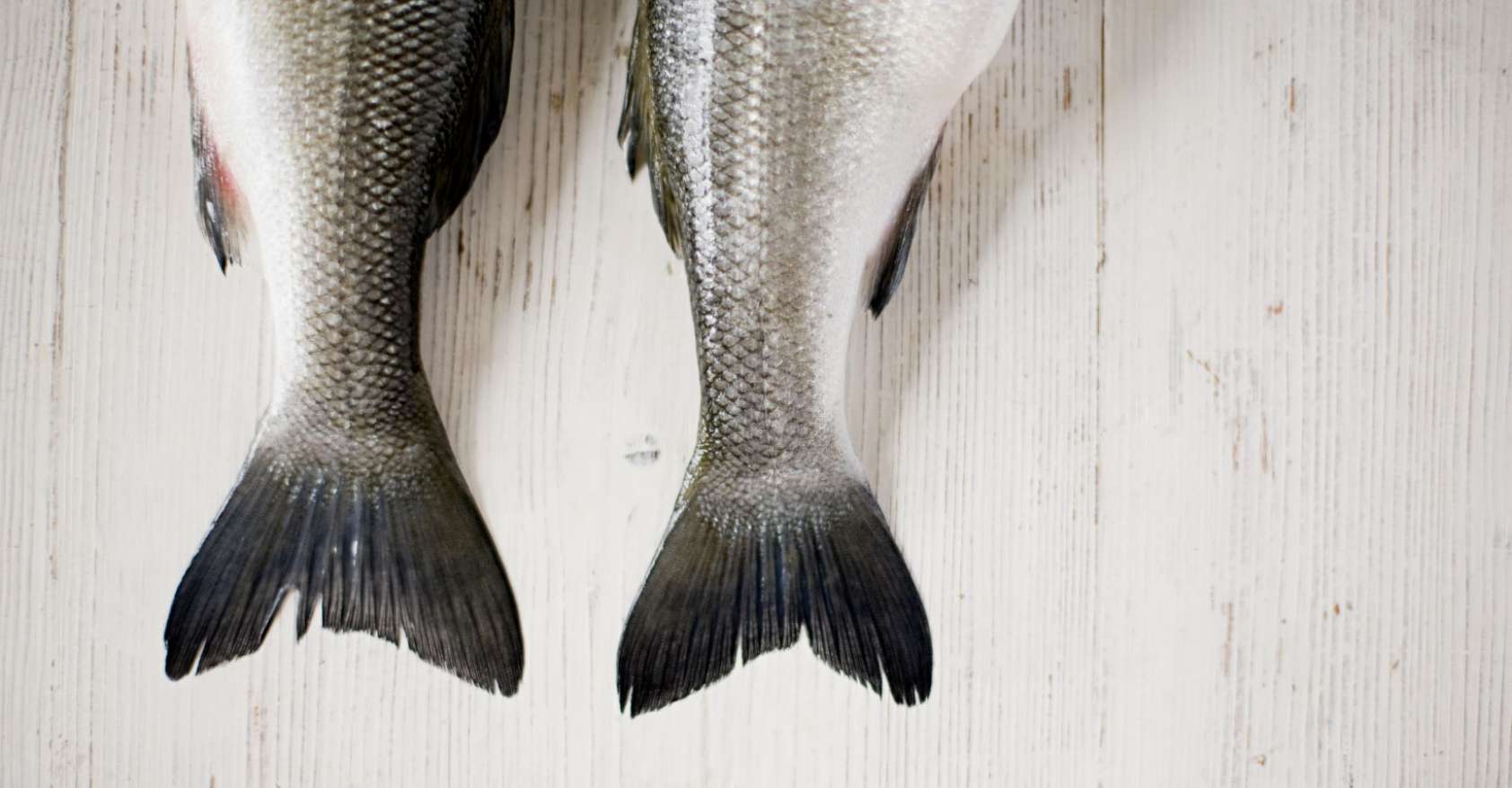
Jim’s company, Meeting U., has provided practical technology training for over 20 years. He spends his “free” time volunteering for organizations that help fight hunger as well as helping people understand the benefits of a plant-based lifestyle.
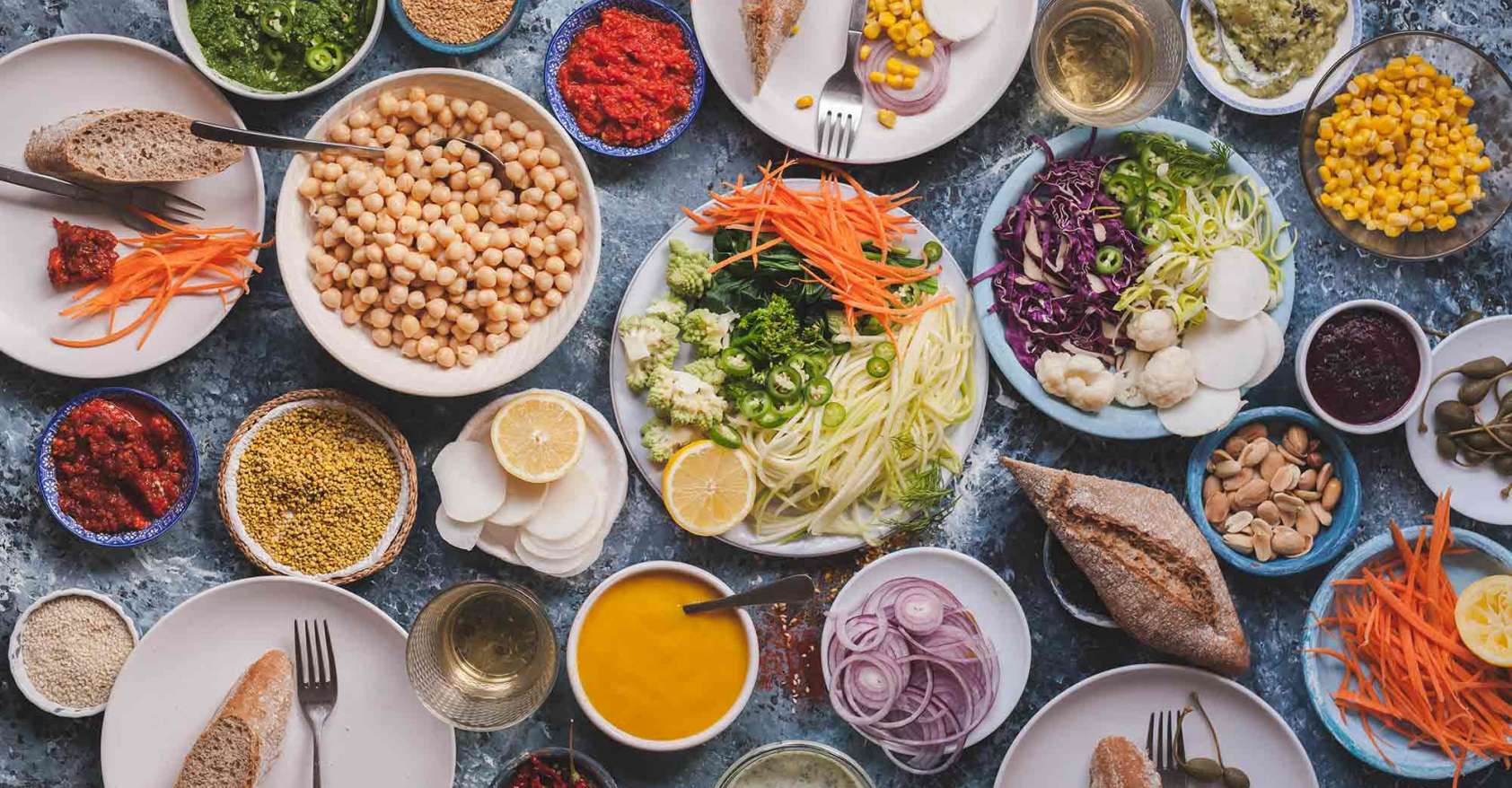
Jim’s company, Meeting U., has provided practical technology training for over 20 years. He spends his “free” time volunteering for organizations that help fight hunger as well as helping people understand the benefits of a plant-based lifestyle.
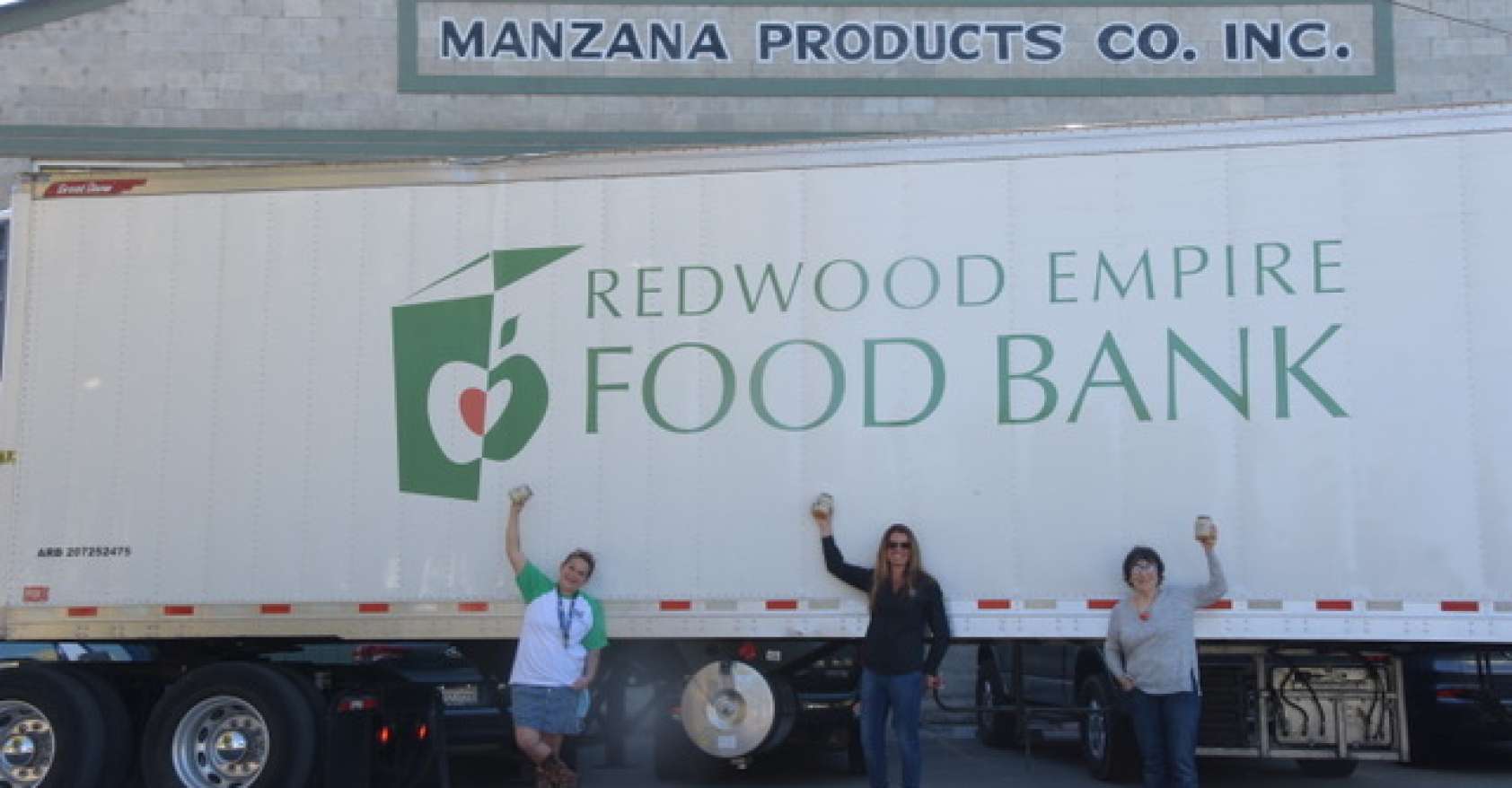
After 20 years owning and running her own farm-to-table restaurants in Sonoma County, Duskie Estes is now running Farm to Pantry, taking her dedication to sourcing food ethically and advocating for small farmers to fighting food insecurity by distributing nutrient-rich foods to those in need.
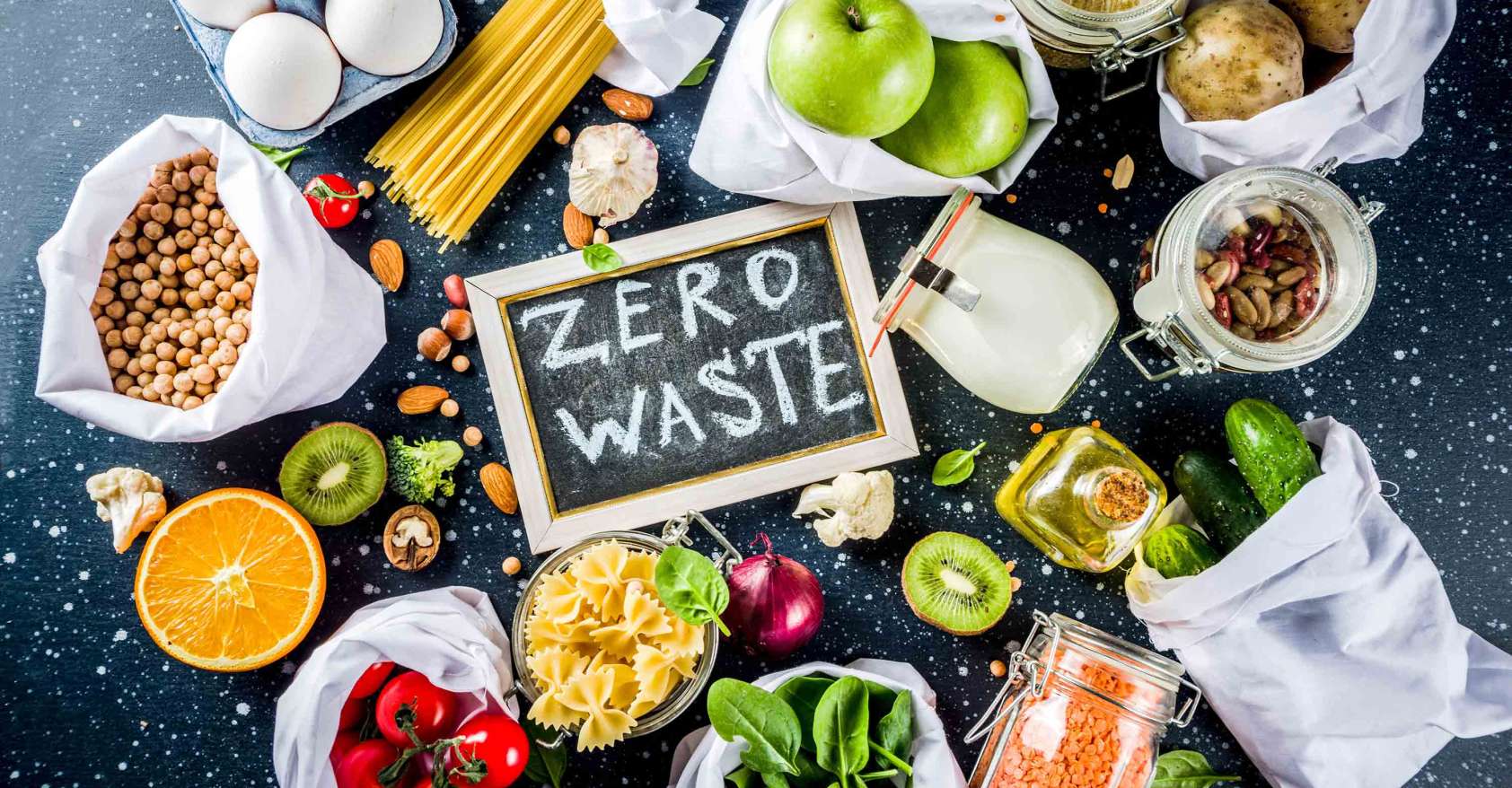
Reducing food waste isn’t just about keeping food out of landfill – it’s an essential part of creating a sustainable, resilient and inclusive food system. Learn how using local sourcing, whole-product utilization, and lots of effort helped Jackie Suggitt and ReFed do it.

Professor and food safety expert Ben Chapman tackles the tough topic of how to keep meeting participants safe from COVID contagion, from buffets to food festivals.
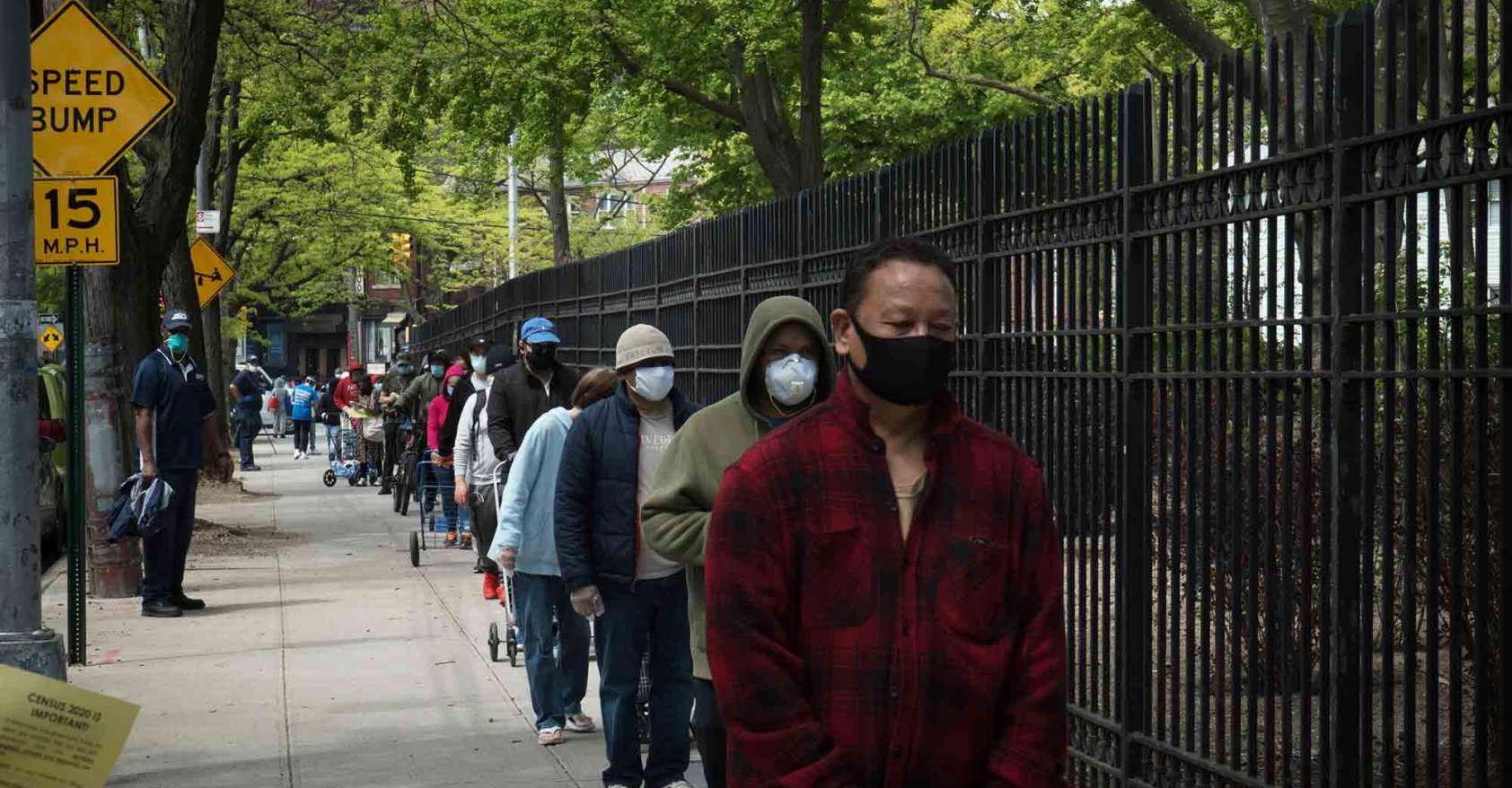
Millions of people are food insecure as a result of the COVID-19 pandemic. Without jobs and a lack of resources, their food independence is endangered. Every meal matters.

While composting is good, Tinia Pina thinks there are more efficient ways to use food that otherwise would go to a landfill to provide the nutrients plants need to grow and thrive.

World Wildlife Fund Hotel Kitchen Program offers Guidance on how to reduce, recycle and repurpose throughout the event food chain Why would the World Wildlife Fund, get involved in what happens in hotel kitchens? After all, WWF is all about protecting species and habitats and natural resources conservation, not bagels, brioche, and breakfast buffets. But when you consider that World Wildlife Fund also aims to transform markets and policies to reduce the impact of the production and consumption of commodities, it starts to make sense. In the U.S. alone, we waste or lose 30% to 40% of all the food…
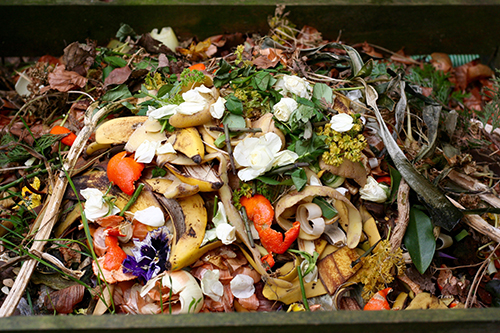
There is growing attention being paid to food waste, which is wonderful. I’ll be speaking at IMEX next week and while you can catch me at a few sessions, Wasting Away will be a session on food waste and our bottom line on October 18th. As a prompt to help us celebrate the no waste movement, let’s all take part in World Food Day this Sunday, October 16th. You can read a general article I’ve written on why the day exists and how we can integrate more awareness into our daily lives. Below is a beautiful guest post by James Spellos.…